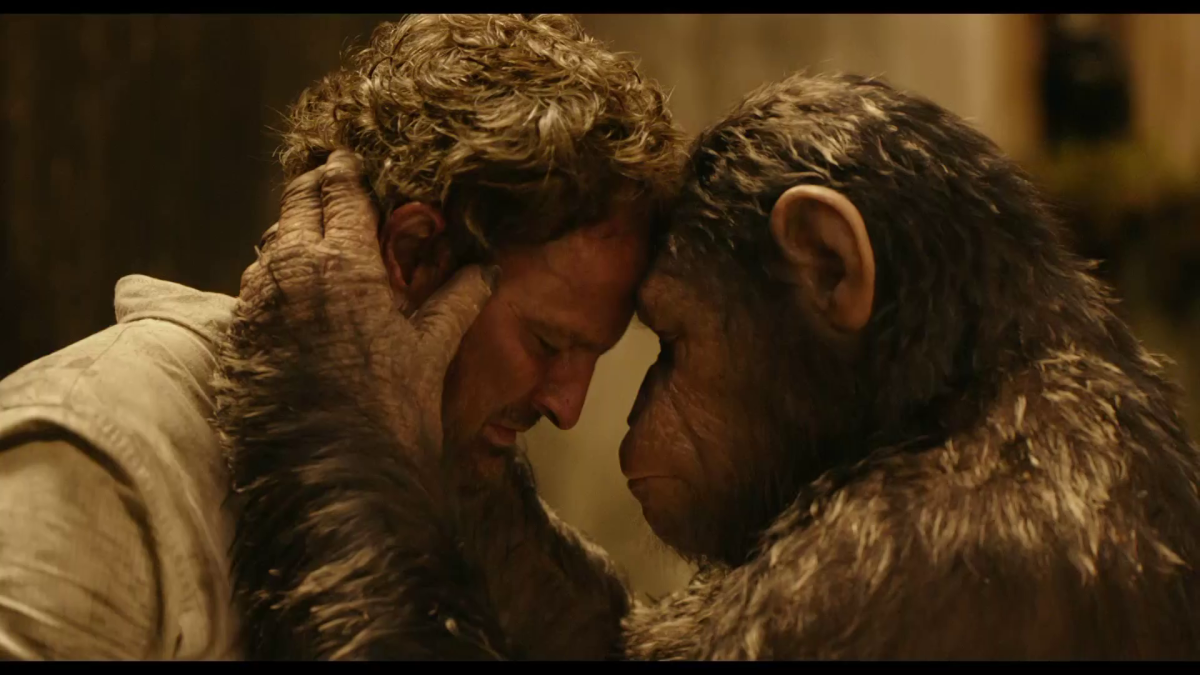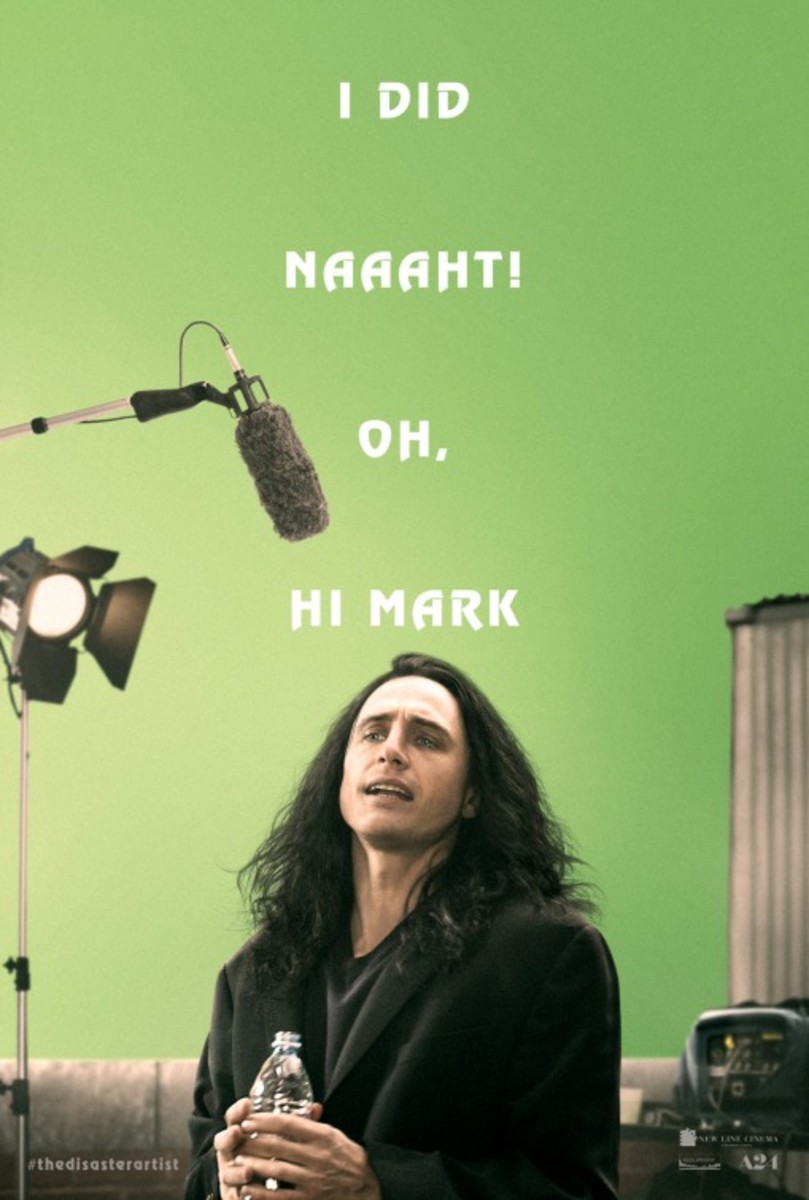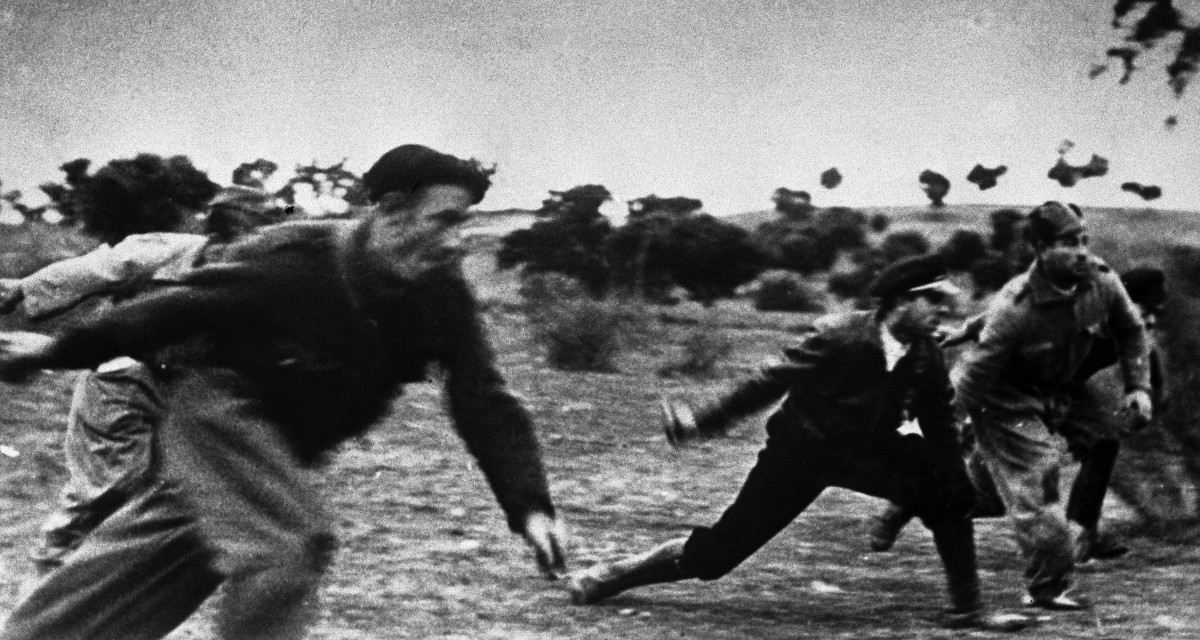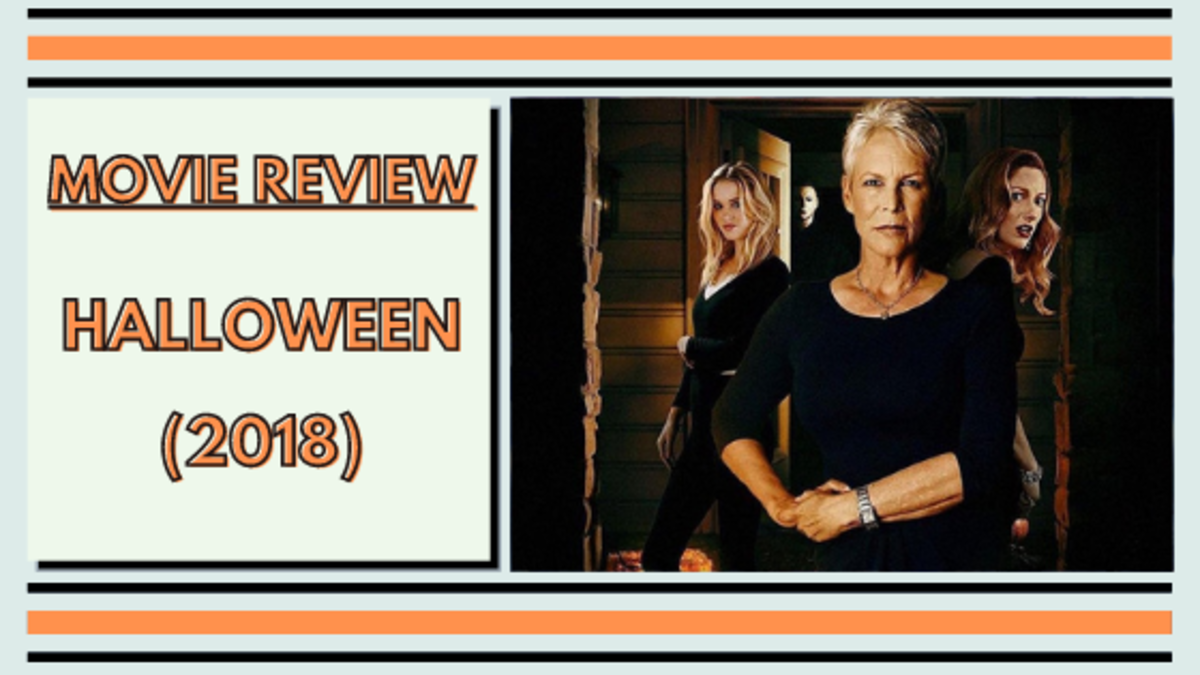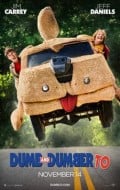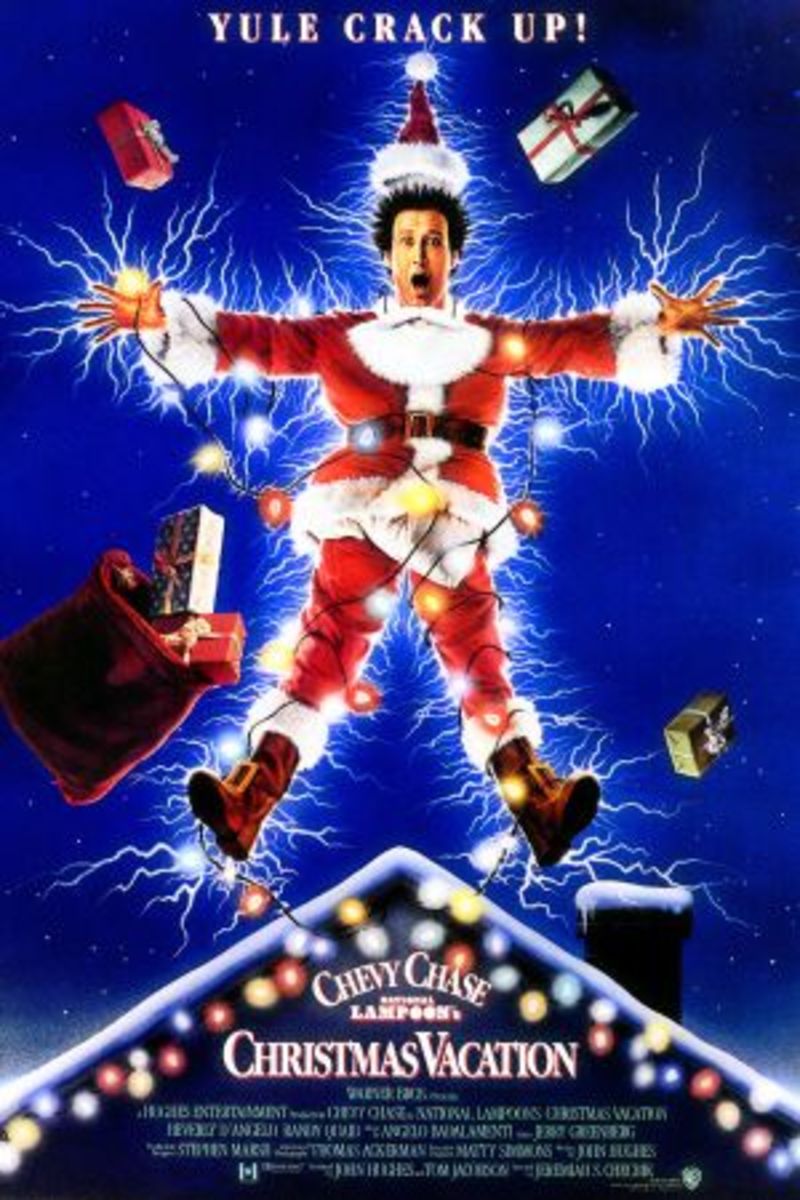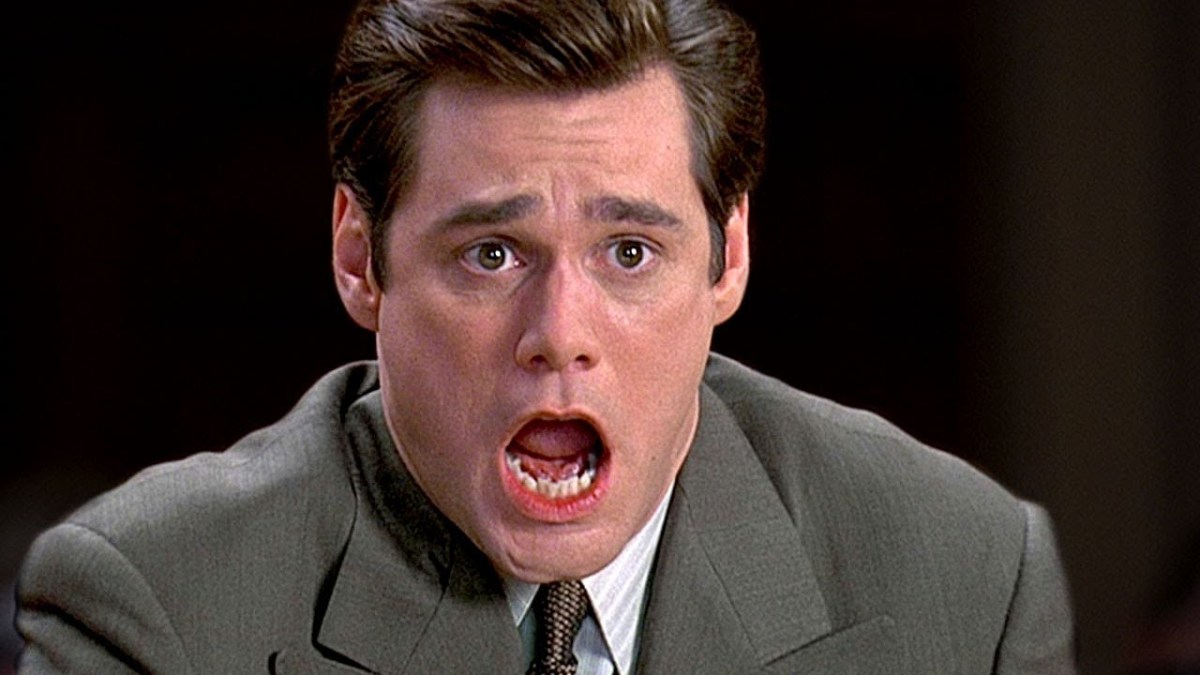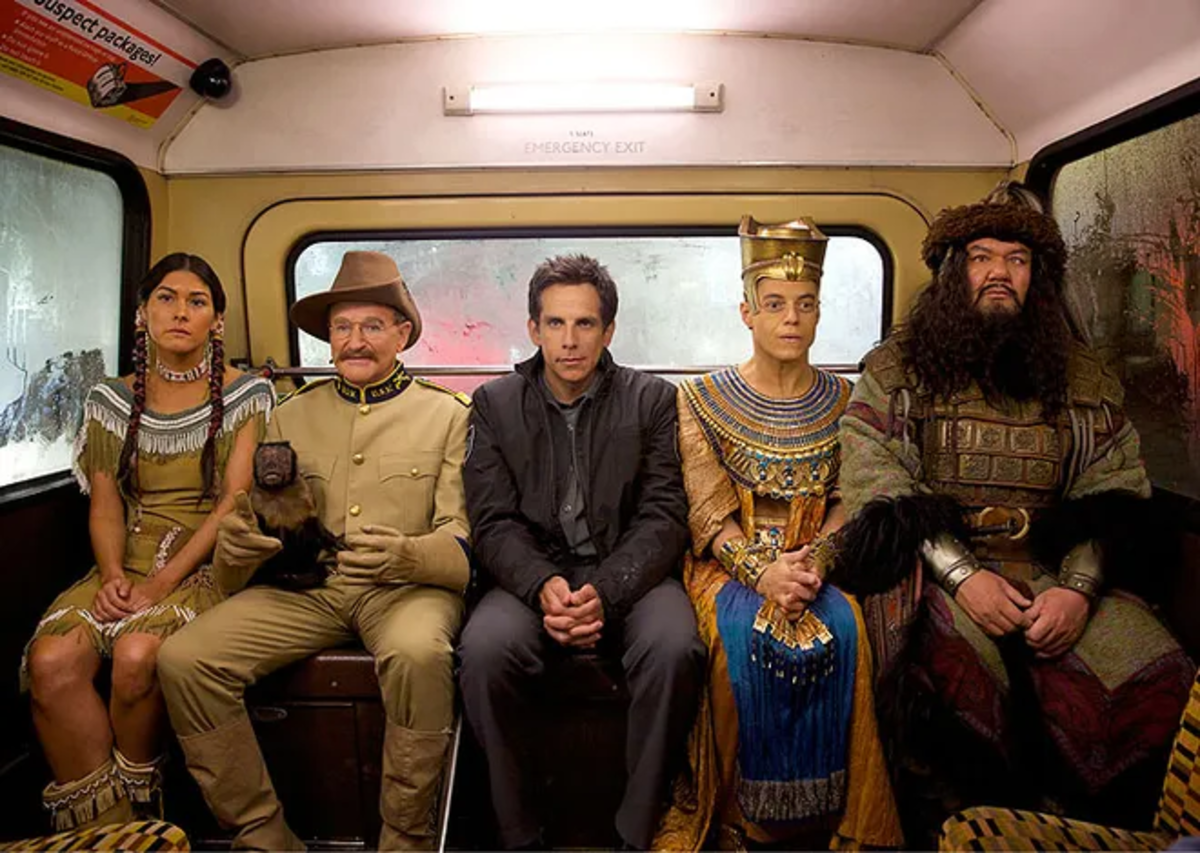Pineapple Express: A Movie Review
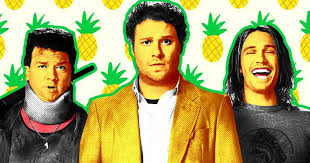
I'm going to say a few words about a 2008 theatrical release called Pineapple Express. It is a "comedy"/action adventure starring Seth Rogen and James Franco.
First of all, I am not going to "hate on" this film; its adequate. It is perfectly fine. It's okay.
Anyway, Seth Rogen plays a marijuana-addicted process server. James Franco plays his marijuana-addicted drug dealer. There's another guy in the film that plays Franco's slightly more functional "supplier."
One day Rogen --- I can't be bothered to use character names --- witnesses the murder of a drug dealer by a corrupt cop (played by Rosie Perez) and a the drug lord she is in cahoots with (played by Gary Cole).
Rogen, with the help of Franco, and... eventually, the supplier, has the goal of staying alive and... and... and...
And NOTHING!
Seriously, AND NOTHING!
Stuff happens, of course, to fill out a running time of the better part of two hours. The film begins, proceeds, and then ends, somehow --- but motivations remain unknown, confused, contradictory, or simply contrived.
The first problem is the title: Pineapple Express.
Sure, it sounds cool. But it does nothing to capture the totality of what the movie is "about," to the extent that a theme can be derived from the cumulative occurrences in the film.
Whaaaaaaaaaat??????????
"Pineapple Express" is just the name of a particularly potent brand of weed. It is very rare in the city. Franco is the city's only dealer that has it; and he describes it as, essentially, the Holy Grail of marijuana.
Franco explains all of this only once to Rogen, adding that it's only "ten bones more" for this stuff than the usual price for the usual stuff.
The concept of "pineapple express" never comes into play again, except that the word sound cool for a movie title.
Wasted Idea
You know what would have been a funnier film?
Let me start by talking about the wasted idea.
The very first scene of the film features some kind of military general and another guy, descending into an underground laboratory. The military is shown to be conducting tests of marijuana on people who smoke it.
The test subject is either a lower ranking military officer or enlisted man. He is sitting at a table, alone, inside a room with one-way glass, so that people can see in but he cannot see out.
The subject is smoking a "doobie." A scientist asks him a series of questions. The subject answers them incoherently. However, when the subject turns to disrespecting authority, the general shuts down the study.
He walks into the hallway and yells one word into the telephone: "ILLEGAL."
When the film was over, I asked myself one question:
- Why was that scene in the film? (Nothing was done with it.)
- Why was nothing done with that scene? (Did I mention that nothing was done with it?). It has no impact on any other part of the film.
Here's one thing that could have been done (understanding that everything is easier with hindsight).
Suppose the general rejects that version of marijuana, but a scientist working on the project develops a new kind that actually facilitates and encourages obedience of authority?
Now suppose that the "government" launched a plan to introduce this kind of weed into the streets, replacing the other, "bad" varietals that encourage insubordination in youth?
Now, the power elite --- those who partake --- would, obviously, continue to smoke the old kinds of weed varietals because they do not recognize any authority higher than themselves to whom they need to supplicate.
Suppose Seth Rogen, James Franco --- as I said, I can't be bothered with character names --- and the other guy, find out about this plot and move to stop it?
Suppose the general that ordered the illegality of the old forms of weed (but who partakes of it for his own use, as a member of the elite, who recognize no social superior), was, somehow, tricked into smoking the new, obedience-encouraging kind, by Rogen and Company; and then they use this to compel the general to reverse his earlier directives?
Conclusion
I want to start wrapping this up, we're not trying to rewrite the Magna Carta, after all.
The speculative movie I describe would have met my definition of an "authentic comedy," as opposed to the way the term "comedy" is applied to funny films, these days.
I'm not going to rehash all of that here. Basically, the speculative film I described would have contained a central joke.
What would have been the "central joke"?: A movie fueled by the fact that the general judges something's desirability (and therefore legality and illegality) based on the disposition toward authority that it encourages; and by deception, he is the one who is tricked into smoking the new, obedience-encouraging weed.
The individual gags, then, should have been in service to the central joke --- not independent of it!
The movie we got
Earlier I talked about confused motivations. There is an early scene of the film in which Rogen calls in to a talk radio show. He goes on a rant about how much better marijuana makes... everything; and why the substance should be legalized.
Now, we should understand that Rogen and Franco's relationship is based on the fact that the latter is the former's dealer. There comes a point of frustration in which Rogen goes on a rant about how dysfunctional they both are when there are high on weed, "which is most of the time," blah, blah, blah...
Now, I gather, then, that Rogen feels bad about his weed dependency.
Now, (I know I keep writing "now") about an hour into the film, we learn about the secret dreams of Rogen and Franco.
It seems that Franco only became a drug dealer to earn enough to put his grandmother into a decent retirement home. And he wants to become a civil engineer.
Rogen wants to become a star talk radio host. Franco's character finds talk radio insanely boring.
Let's fast-forward to the last scene of the movie. The three of them are at a diner, sitting around a table, declaring their newfound brotherly love for each other.
They have come through their adventure and bond over Denver omelets and coffee.
I have no idea if Rogen plans to stop smoking weed or not. He gives the impression that the stuff messed up his life, or at least led to its stagnation.
They say that when one is quitting drugs, or any other unsavory habits, he has to distance himself from any and all bad influences. Why, then, does Rogen strengthen his bond with his dealer (Franco)?
Does Franco intend to stop dealing (and perhaps, using) and fast-forward his plans to become a civil engineer?
Does the other guy (whose real or character name I cannot even be bothered to look up) plan to stop "supplying" and do something legitimate?
In other words, what I am asking is: Is this trio going to take their friendship beyond their involvement with illegal narcotics into a clean, sober lifestyle?
Conclusion (continued)
Here's the real wrap up
The movie is, as I said, just fine. Seth Rogen is pleasant enough. James Franco is an incredible talent. The other guy did what was asked of him. All of the performances are fine; nobody embarrasses themselves. I rather liked the scenes between Franco and Rogen: they had a good, light-hearted, bantering buddy chemistry, though I tended to roll my eyes when scenes between them would deteriorate into superfluous slapstick.
Thank you for reading!
Addendum added 04/29/2019
* By the way, a better title for the revised film I have proposed would have been: "The Cannabis Conspiracy."

